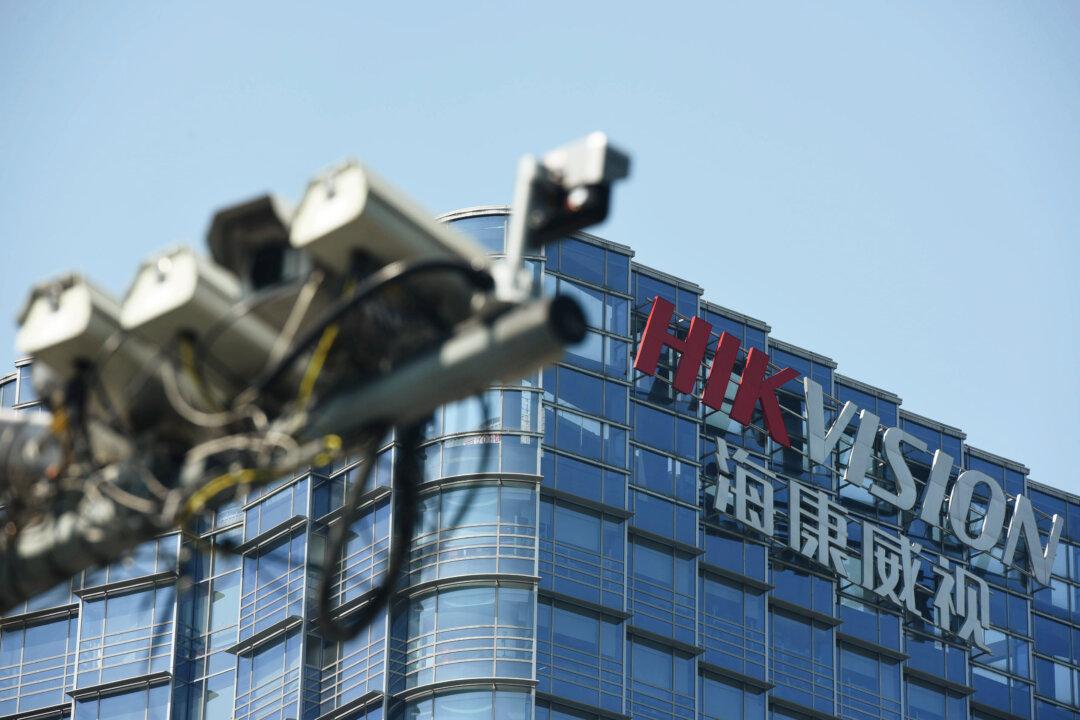The U.S. administration is said to be considering trade sanctions on the Chinese surveillance camera manufacturer Hikvision, The New York Times reported on May 21, in another move to counter security threats posed by the Chinese regime.
Such a measure would block U.S. firms from supplying technology to Hikvision unless it obtains government approval, the newspaper reported, citing anonymous U.S. officials. It would also be the first time the Trump administration punishes a Chinese company for its role in the mass surveillance and detention of Uyghur Muslims in the Xinjiang region of China.





